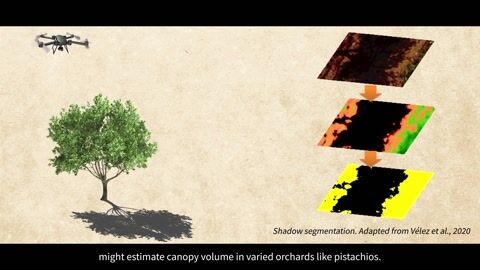- Subjects: Water Resources
- |
- Contributors:
- Surafel Mamo Woldegebrael ,
- Belete B. Kidanewold ,
- Assefa M. Melesse
- satellite-driven precipitation
- seasonal forecasting
- floodwater
- reservoir water levels
- HEC-HMS
- HEC-RAS
- Awash basin
- Omo-Gibe basin
- Ethiopia
This video is adapted from 10.3390/rs14184518
Hydrologic extreme events such as flooding impact people and the environment and delay sustainable development in flood-prone areas when it is excessive. The present study developed a seasonal floodwater forecast system for the Awash and Omo-Gibe basins of Ethiopia using the 2021 rainy season (June to September) as a temporal case study. In Ethiopia, there is no seasonal forecasting system available to cope with the recurrent flooding impacts instead of exercising ineffective and traditional monitoring approaches. The satellite-driven precipitation and temperature forecasts, observed rainfall, discharge, reservoir water levels, land cover, and soil data were used in the hydrologic (HEC-HMS) and hydraulic (HEC-RAS) models, spreadsheet, and GIS applications. The results obtained were forecasts of the runoff, reservoir water levels, and storage. The coefficient of determination (R2), Nash–Sutcliffe efficiency (NSE), percent of bias (Pbias), and Kling–Gupta efficiency (KGE) were used to evaluate the model’s performance in addition to plots as presented in the manuscript. The R2 values obtained for the Koka and Gibe-3 reservoirs’ inflows (water levels) were 0.97 (0.95) and 0.93 (0.99), respectively, and the NSE values were 0.90 (0.88) and 0.92 (0.95) for each reservoir. Similarly, the water levels (meter) and storage (Mm3) for the Koka and Gibe-3 reservoirs at the end of the 2021 flood season were 111.0 (1467.58) and 890.8 (13,638.5), respectively. Excess floodwater can be maintained in and released from reservoirs depending on the future water uses and flood monitoring activities downstream. In addition, the flood inundation extents from Earth remote sensing satellite observation and model results were examined and showed agreement.






















